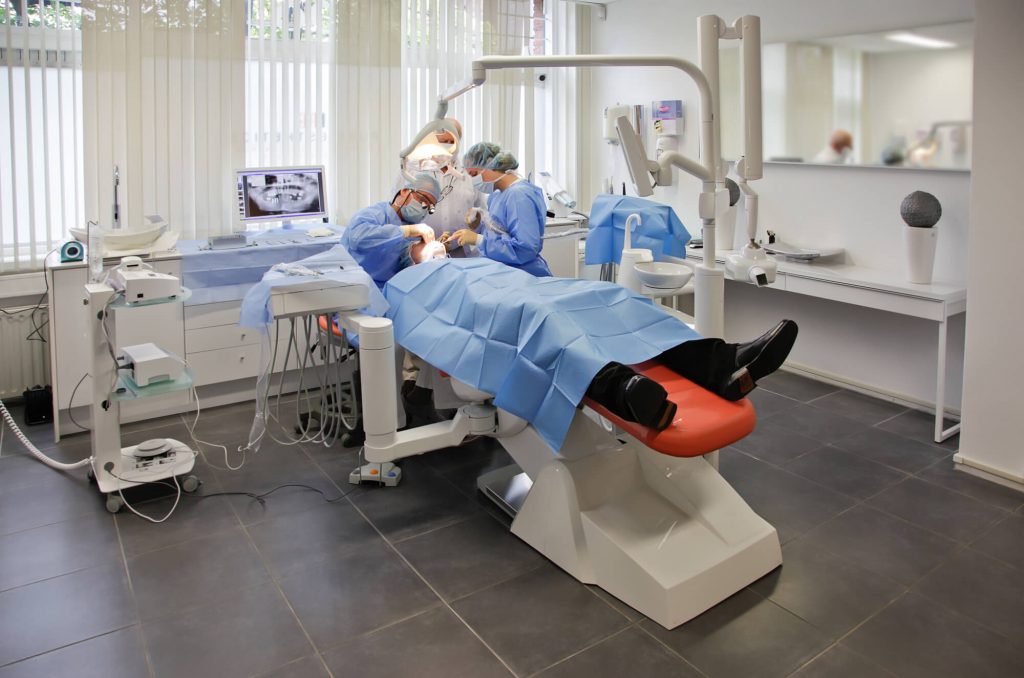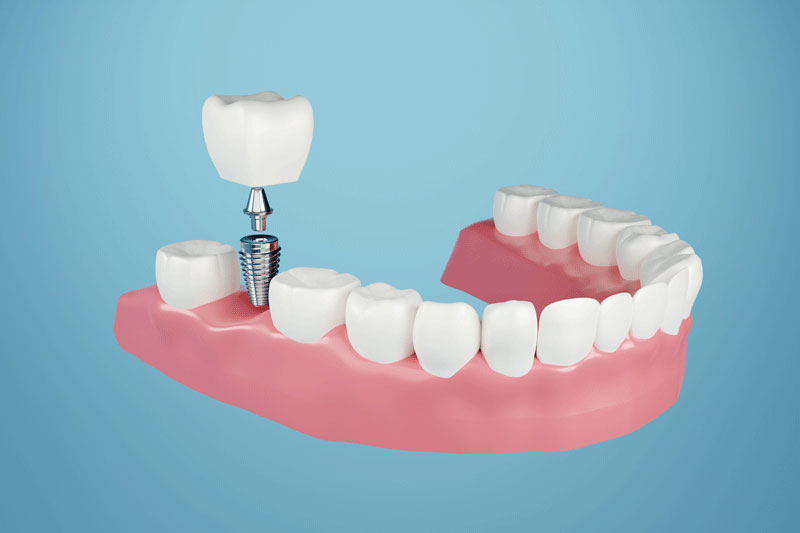Dental Blog - Greenacres, FL
Tips, Facts, And The
Latest In Dentistry

Can You Experience Complications with Dental Implant Surgery?

When you experience tooth loss, don’t take it for granted. Dental health experts urge patients to replace missing teeth as soon as possible to avoid complications. Dental implants in Lake Worth are a great way to replace lost teeth.
It’s a procedure that involves applying biocompatible metal posts into your jawbone. Attached to these posts are your artificial teeth to complete your smile. Out of all tooth replacement solutions offered in the industry today, dental implants are the closest to having natural teeth in terms of appearance, strength, and durability.

Are There Risks and Complications Involved in Dental Implant Surgery?
Dental implants are innovatively designed to copy the physical features of natural teeth. The metal posts replace tooth roots while dental crowns substitute your natural tooth enamel. Once they are in place, no one will know you have artificial teeth. The strength and durability of dental implants are incredibly unparalleled.
Did you know that with care, dental implants can give you a beautiful and functional smile for decades? While there’s nothing wrong with dentures and bridges, unfortunately, they come with a few inconveniences such as frequent replacements. The average lifespan of dentures is between five to seven years while bridges can last up to five to 15 years.
To keep them in excellent shape you’ll need to replace them after reaching their maximum lifespan, otherwise, they won’t be able to do their job properly. Besides longevity, dental implants are also more comfortable as they literally become a part of your mouth as soon as they are embedded into place after a successful osseointegration.
Can the Procedure Come With Complications?
Dental implant placement is a minor surgical procedure performed by an oral surgeon. It involves cutting through your gum tissues to access your jawbone. Your oral surgeon will drill small holes in your bone where the metal posts will be placed. In a matter of months, the bone tissues will fuse around the implants (osseointegration) so that they become like natural tooth roots providing a strong foundation for your dental crowns.
#1 Unsuccessful Osseointegration
Osseointegration plays an important role in the success of the surgery. This process describes how bone tissues grow around the metal implants. If this is not achieved, your dental implants cannot hold your dental crowns securely, ultimately leading to dental implant failure.
If this happens, your dental implant will feel loose, and your oral surgeon may have to take them out. When you experience osteointegration failure, you can choose another tooth replacement option or do another implant procedure.
#2 Incorrect Implant Placement
Some cases of dental implant failure were owed to an error on the part of the surgeon. If the implant was placed at a wrong angle or if there was a problem with the location, it can result in complications.
Usually, if the implants aren’t placed correctly, they will fail to merge with your bone tissues or they could be placed to near the adjacent teeth causing pain.
When this happens, your oral surgeon will need to replace or remove the implants. Choosing the right surgeon is an important step to avoid this kind of issue.
Are There Risks Involved?
Just as there are complications, dental implants also come with risks, albeit rare.
Sinus damage – A potential risk of dental implant placement is sinus damage. If you look at your anatomy, your upper jaw is right under your nasal sinuses. The risk of damaging your nasal sinuses is high if you’re getting dental implants for your upper teeth.
There may be a tendency that they can get displaced to your sinus leading to pain, discomfort, and infection. If you experience any of these symptoms, let your dentist know about it right away.
Infection – Dental implant placement has a risk of infection just like any other oral surgery. You can reduce your risk of infection by following your oral surgeon’s post-operative instructions.
Furthermore, it’s important to be familiar with the signs and symptoms of infection so you can report it to your dentist. Some examples include pus draining from the site, swelling and pain that won’t go away.
Nerve Damage – It’s unfortunate that there are patients who experience nerve damage following dental implant surgery. Ideally, your dentist should take X-rays of your mouth before the procedure to get a clear picture of the location of your nerves.
Nerve damage can have long-term consequences, which is why it’s vital that you talk to your dentist and discuss the risks involved before pushing through with the surgery.

Interested in Dental Implants in Lake Worth?
Before you make a commitment, make sure you talk to your dentist about the possible complications and risks associated with dental implant surgery. However, despite the risks, dental implant surgery boasts of a 95%-98% success rate.
At Ferber Dental Group, we provide a wide array of superior quality dental care services including dental implant placement. Our team has the knowledge, skills, and experience to perform a smooth and hassle-free operation. Call us today and we’ll have you smiling again!





